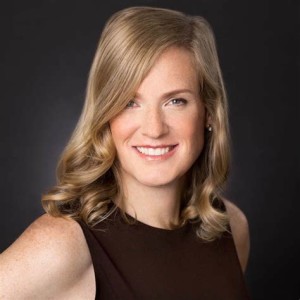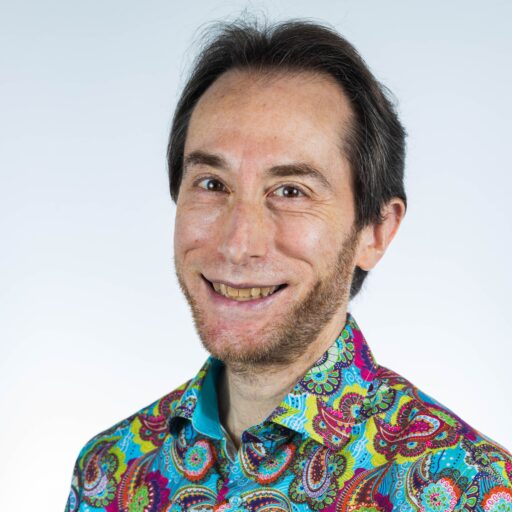Dr. Vivienne Ming is a theoretical neuroscientist, entrepreneur, author, and mother of two, featured frequently for her research and inventions in The Financial Times, The Atlantic and the New York Times. Co-founded with wife Dr. Norma Ming, Socos Labs is a mad science incubator dedicated to solving some of the world’s most pressing problems. She’s publishing two books in 2021 including The Tax on Being Different.
Vivienne Ming’s Speech Topics:
Dr. Ming frequently briefs on Socos Labs’ projects and research for policymakers, creative producers, boards, and executive teams. In 2019-2020, Dr. Vivienne Ming visited over 30 countries for 65 + events. Topics have included:
- AI & Civil Rights; AI for Good
- Emerging Neurotechnologies
- Education, Meta-Learning, & Life Outcomes
- Innovation; Creativity; The Future of Work
- Inclusion & the Value of Difference
- Remote Work & Distributed Workforces
Videos:
Vivienne Ming’s Bio:
Dr. Vivienne Ming explores maximizing human capacity as a theoretical neuroscientist, delusional inventor, and demented author. Over her career she’s founded 6 startups, been chief scientist at 2 others, and launched the “mad science incubator”, Socos Labs, where she explores seemingly intractable problems—from a lone child’s disability to global economic inclusion—for free. Vivienne’s other companies apply machine learning to lessen the corrosive health effects of chronic stress in communities, fight bias in hiring and promotion, develop neurotechnologies to treat dementia and TBI, and promote learning at home and in school. As a visiting scholar at UC Berkeley’s Redwood Center for Theoretical Neuroscience, she pursued her research in cognitive neuroprosthetics.
In her free time, Vivienne designs AI systems to treat her son’s diabetes, predict manic episodes in bipolar sufferers, and reunite orphan refugees with extended family members. For relaxation, she writes science fiction and spends time with her wife and children. Vivienne was named one of “10 Women to Watch in Tech” by Inc. Magazine and one of the BBC’s 100 Women in 2017. She is featured frequently for her research and inventions in The Financial Times, The Atlantic, Quartz Magazine and the New York Times.

